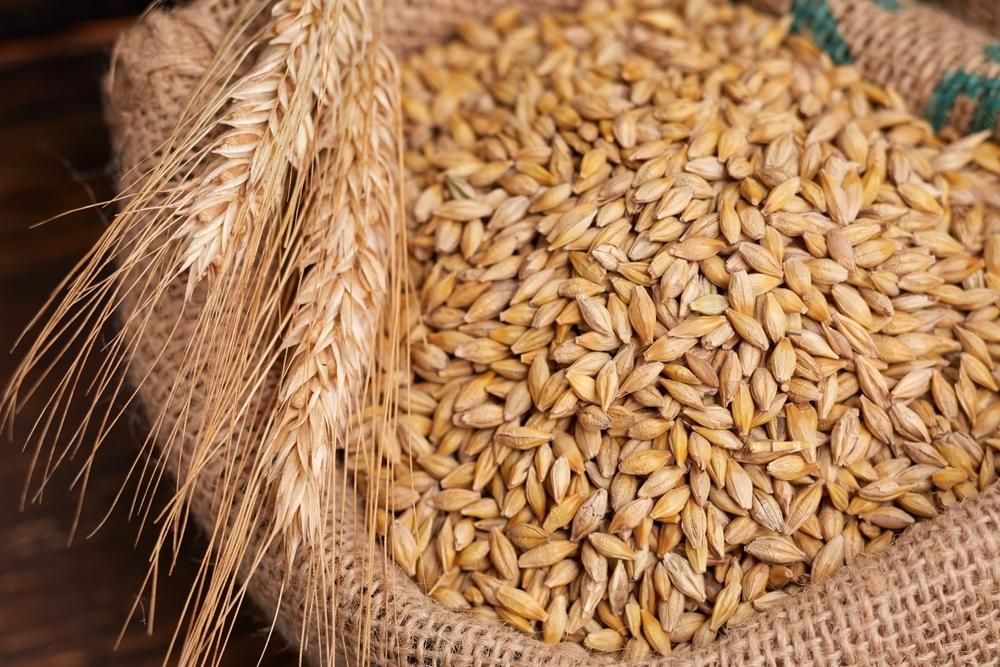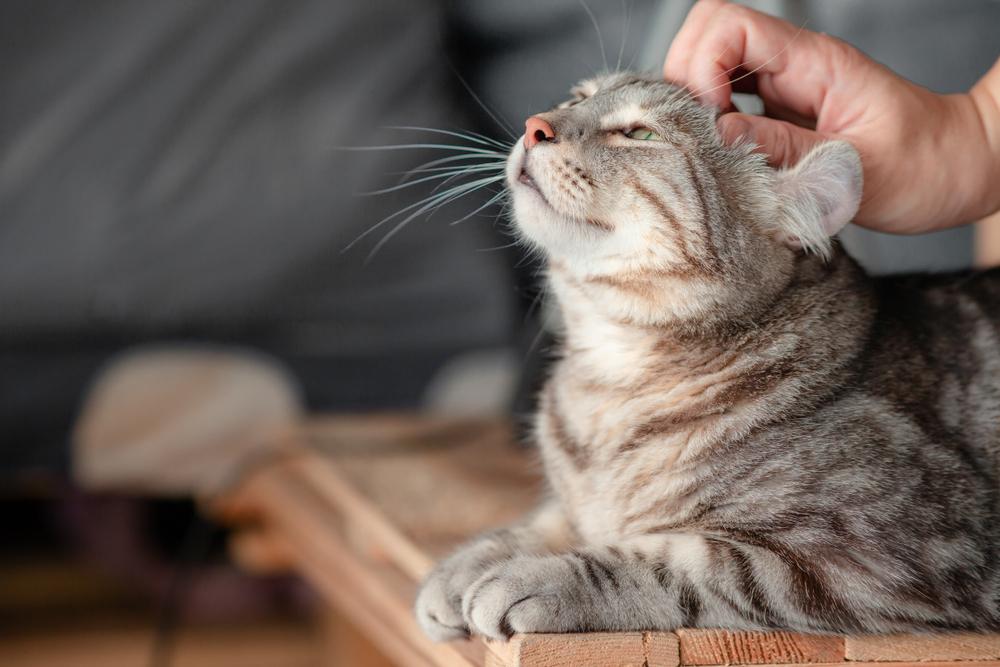

As a cat parent, you know good nutrition is a necessary part of caring for your pet's health. But when you're narrowing down your cat's food options, it can be difficult to distinguish marketing and misguided pet food trends from nutrition science.
Canned and dry cat food formulas are based on nutritional studies that aim to minimize health issues and promote long, happy lives. Many of these foods undergo years of testing to ensure the healthiest, safest products make it onto the shelves. So, how do you interpret pet food labels? For example, what does "grain-free cat food" mean, and how do you know whether this is the healthiest choice for your cat?
What Is Grain-Free Cat Food?
Grain-free pet foods have risen in popularity over the past several years. These foods are formulated without grains — but what are grains, exactly?

Common Grains in Cat Food
Grains are traditionally considered seed products harvested from cereal plants, including:
Wheat
Corn
Rice
Oats
Barley
Rye
Sorghum
Millet
Examples of plants that provide seed products but are not considered grains include buckwheat, chia, flax, quinoa, peas and soy.
Grain-Free vs. Carbohydrate-Free
There's a common misconception that grain-free dry cat food doesn't contain carbohydrates. This isn't true. All dry cat food formulas require some type of carbohydrate to form kibbles — it's an essential component of shape and texture. In fact, fiber is considered a carbohydrate, and this is an essential part of your cat's nutrition. Grain-free dry foods include alternative carbohydrate sources, such as chickpeas, potatoes, lentils, tapioca or peas.
Does Grain-Free Mean Gluten-Free?
Gluten is the structural protein found in grains. Therefore, grain-free cat food is also gluten-free. Gluten sensitivities and allergies are rare in cats, so gluten-free cat food doesn't mean a healthier or higher-quality food for your cat.
Is Grain-Free Cat Food a Higher-Protein Food?
Grain-free foods don't necessarily have a higher protein content. Protein content can vary widely, and it's effectively unrelated to a food's grain content.
Is Grain-Free Food Good for Cats?
Depending on their health and unique nutritional needs, some cats may thrive on grain-free food. However, grain-free cat food isn't inherently superior to food formulated with grains. The ingredients in your pet's food are important, but other considerations — such as nutritional balance, feeding trials and quality control — are equally if not more important. So, a food that includes chickpeas rather than wheat or corn isn't necessarily better for your cat.
Talk to your veterinarian when choosing a food for your cat to ensure it meets their nutritional needs.
How Common Are Grain Allergies in Cats?
Questions like "Is wheat gluten bad for cats?" and "Should kitten food be grain-free?" often come from concerns about food allergies. Food allergies, more accurately called "cutaneous adverse food reactions," occur when an ingredient triggers an immune system response, resulting in symptoms such as itching and gastrointestinal issues.
While gluten sensitivities occur in humans and are widely discussed in human medicine, gluten and grain allergies are rare in cats. If your cat has an adverse reaction to a food that contains grains, it's most likely a reaction to an animal protein or spoiled food. The most common food allergies in cats (and dogs) are due to proteins, including chicken, beef, fish, dairy and eggs.

Best Practices for Choosing Your Cat's Food
One of the best ways to decide on a good food for your cat is to ask your vet for their recommendation. Veterinarians receive advanced feline nutrition training, are familiar with a wide variety of different cat food products and, along with you, know your cat's health better than anyone else. This makes them your best resource for nutrition and health information regarding your cat.
It's also a good idea to learn how to read a pet food label so you can make informed decisions. By 2030, the New Model Pet Food and Specialty Pet Food Regulations will be in effect, so all pet food labels will look different than they do now.
In the meantime, make sure the label states that the food is complete and balanced for your cat's life stage — ideally by food trials but by formulation works, too. This means the food meets the general nutritional requirements for feline health, so you don't need to supplement their nutrition to ensure they're getting everything they need to thrive.
Giving Your Cat the Gift of Good Health
Avoiding grains may be a popular human health trend, but your pet has unique nutritional needs. For the vast majority of healthy, adult cats, grain-free cat food isn't necessary or recommended. When in doubt, consult your veterinarian about how to choose the best food for your cat, and always choose food that's backed by science.




















